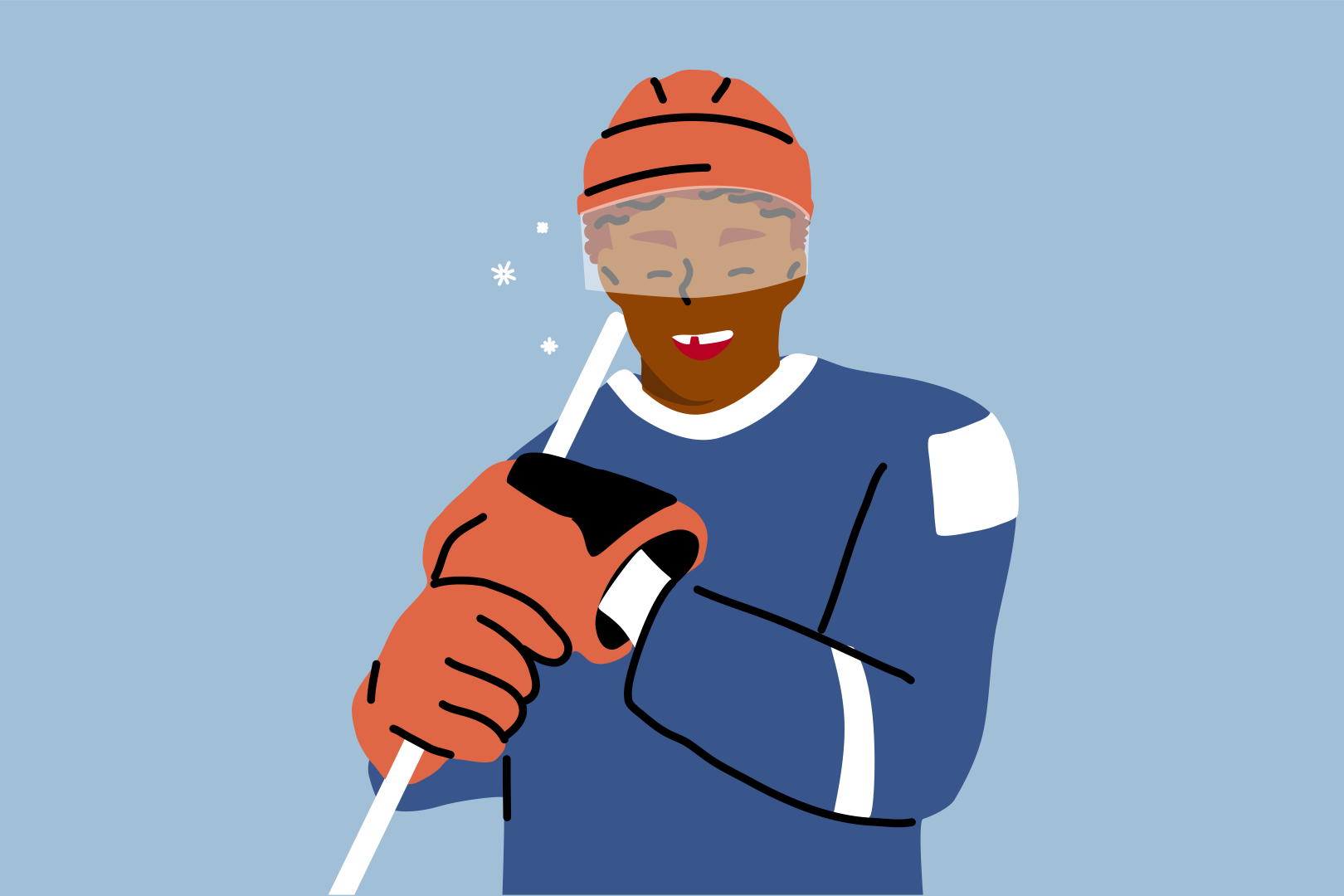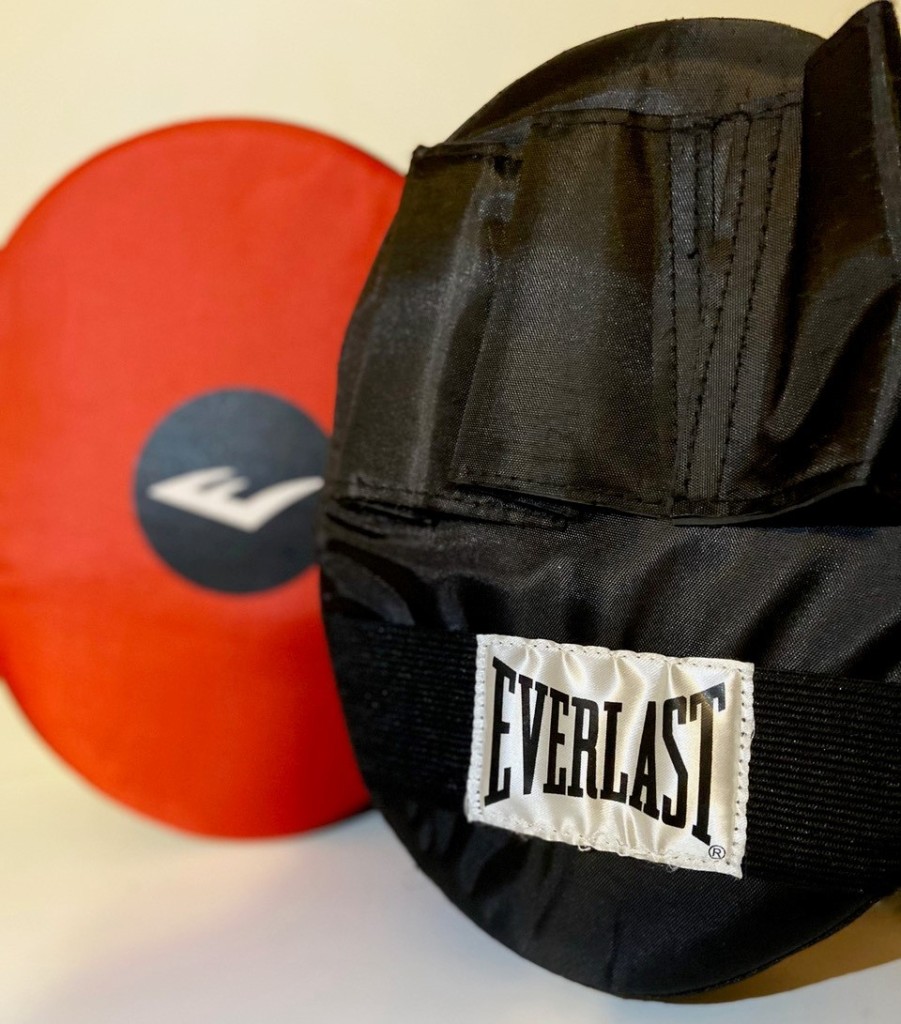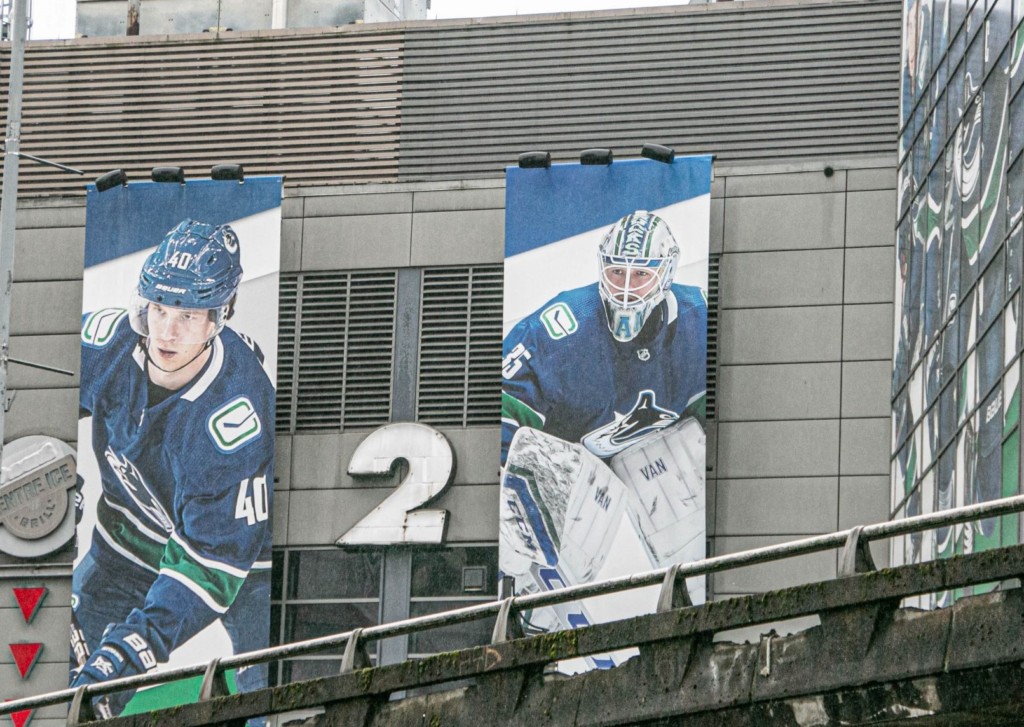
The New York Islanders dynasty, part three
By Brandon Yip, Senior Columnist
“The Canucks had a tough team too, but the Islanders were certainly the better team in winning their third straight Cup.” – Jim Robson
The New York Islanders made their third straight appearance in the cup finals against the Vancouver Canucks in the spring of 1982. The Canucks were underdogs, but they had a balance of skill, toughness, and character. They were led by “King” Richard Brodeur, who provided outstanding goaltending—and was a big factor in the Canucks advancing to the cup final.
The Canucks faced Calgary in the first round (then a best-of-five series) with the Canucks winning the series 3 games to 0. In round two, the Canucks defeated the Los Angeles Kings 4 games to 1. Their next opponent was the Chicago Blackhawks in the Campbell Conference Final. The Canucks would win the series 4 games to 1.
The series had many defining moments such as Jim Nill’s overtime goal in game one. Game two at Chicago Stadium will be remembered for the start of “Towel Power,” when Canuck coach Roger Neilson held up a hockey stick with a white towel draped on top—as a form of mock surrender. Neilson was protesting the officiating of referee, Bob Myers. There was also Canuck forward, Ron Delorme, in game five coming to the aid of teammate Lars Lindgren. Lindgren was the recipient of a cheap shot to the head by Chicago’s Grant Mulvey. Delorme would leave Mulvey bruised and bloodied in a memorable scrap. Canucks lost by a score of 4 to 1.
Meanwhile, the New York Islanders, in their run to the finals, had a big scare in the first round. The Pittsburgh Penguins were on the verge of upsetting the defending champions. Leading by a score of 3 to 2 late in the third period in the fifth and deciding game John Tonelli tied the game at 17:39 to send it into overtime. Later, Tonelli would be the hero, scoring at 6:19 to seal the victory for the Islanders. Next, the Islanders met their rivals, the New York Rangers in round two—winning the series 4 games to 2. In the Wales Conference Final, the Islanders defeated the Quebec Nordiques in a four-game sweep.
The Vancouver Canucks after beating Chicago on May 6, 1982, did not have time to savour their victory. They boarded a plane bound for New York the following day. Game one of the Stanley Cup Final began on May 8 (Islanders had four days rest). In game one, the Canucks were competitive and at times frustrated the Islanders with their aggressive play. The game went into overtime with the score tied 5 to 5. Unfortunately, late in the first overtime period with two seconds left, Canuck defenceman, Harold Snepsts, attempted to make a pass up the middle to Gerry Minor. Mike Bossy, inside the right circle, intercepted Snepsts’ pass—and released a quick snapshot off the post past Richard Brodeur to win the game. Brodeur, out of frustration, while walking back to the dressing room—punched a CBC camera with his glove.
Islanders coach, Al Arbour, after game one was not pleased with how the Canucks played—comparing their game to Irish football. He told E.M. Swift of Sports Illustrated: “Clutch, grab, and tackle. Holding onto sweaters. Dump it out, dump it out. That’s the way they play. They try to frustrate you, and they’ll use the same tactics the whole series. The refereeing? I’m kind of annoyed at some of the calls that weren’t made.”
In game two, the Canucks did not adhere to Arbour’s wishes—once again playing hard and being competitive. The game was tied 4 to 4 early in the third period. But the Islanders would prevail, scoring two goals to win by a score of 6 to 4. Although the Canucks were down 2 to 0 in the series, they received a hero’s welcome upon returning to Vancouver. Footage shows Canuck players mobbed by fans as they attempted to board the team bus after arriving at Vancouver International Airport. “Canuck Fever” had started in the city of Vancouver.
Games three and four at the Pacific Coliseum were a sight to behold. The building was sold out, with loud enthusiastic Canuck fans cheering and waving white towels. Unfortunately, the Canucks lost game three by a score of 3 to 0. In game four, the Islanders won by a score of 3 to 1 and celebrated their third straight Stanley Cup victory. Mike Bossy scored two goals in game four and was awarded the Conn Smythe Trophy as playoff MVP—with 17 goals in the playoffs (seven goals in the finals against Vancouver).
Retired Hall of Fame broadcaster, Jim Robson, announced both games at the Pacific Coliseum for Hockey Night in Canada on CBC Television. “Games three and four in Vancouver were different,” Robson said in an email interview with the Other Press. “Very tight checking, good goaltending by Richard Brodeur, and Billy Smith, [with New York winning both games]. I remember Bryan Trottier winning a lot of faceoffs, even though Vancouver had good [centres], Thomas Gradin, Ivan Boldirev, Ivan Hlinka, Gerry Minor, Gary Lupul, and Lars Molin. The Canucks had a tough team too, but the Islanders were certainly the better team in winning their third straight Cup.”
Canuck captain, Stan Smyl, who scored the Canucks’ only goal at home in game four, said the Islanders had more depth and skill. “That was the difference […] and they were that much more skilled than us—and they had an elite player like Mike Bossy,” Smyl said in a September 2009 Hockey Night in Canada television segment. But Smyl will never forget the spring of 1982 and the excitement of the fans during those two home games at the Pacific Coliseum: “I don’t think there was one player in our dressing room that did not feel the emotion and the excitement and the passion in the building.”
The Islanders had won three Stanley Cups. They were at their apex, and it appeared no one could stop them. But a young team in Western Canada was emerging in the early 1980s as a top contender to dethrone the defending champions: the Edmonton Oilers.
This is the third of four articles commemorating the New York Islanders’ dynasty of winning four consecutive Stanley Cups from 1980 till 1983. Next week, part four and the conclusion of the Islanders’ dynasty series—as they would fall to another rising dynasty—the Edmonton Oilers.

